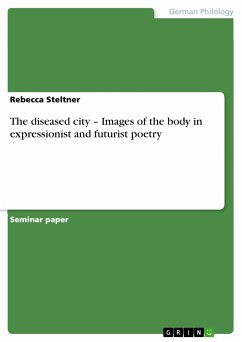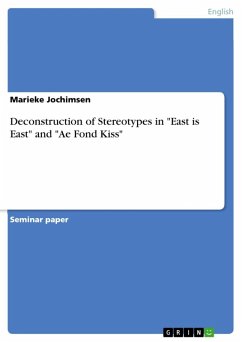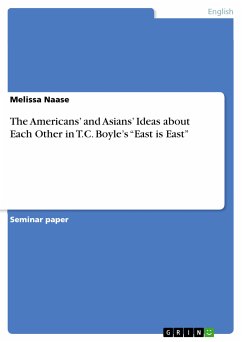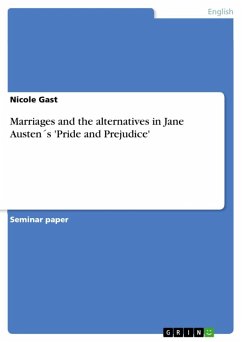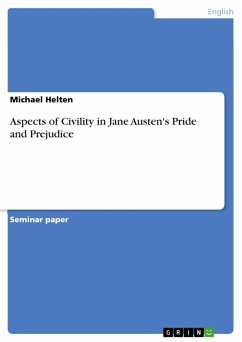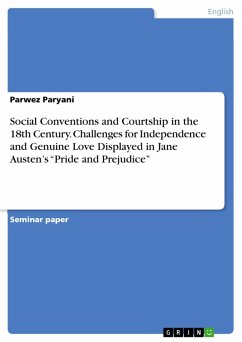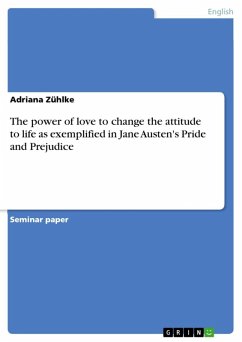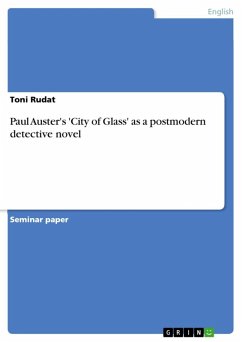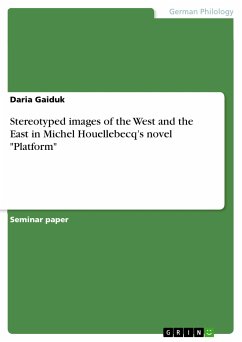
Stereotyped images of the West and the East in Michel Houellebecq's novel "Platform" (eBook, ePUB)

PAYBACK Punkte
0 °P sammeln!
Seminar paper from the year 2013 in the subject German Studies - Comparative Literature, grade: 1.3, University of Flensburg, language: English, abstract: Throughout the history both the Eastern and the Western parts of the world had a certain image of each other as of the opposites. The world division into 'us' and 'them' had certainly brought a number of stereotypes and prejudices. With the development of tourism, the humanity has got more opportunities to travel around the world and to discover foreign cultures. However, travelling did not eliminate all the stereotypes filling human minds. ...
Seminar paper from the year 2013 in the subject German Studies - Comparative Literature, grade: 1.3, University of Flensburg, language: English, abstract: Throughout the history both the Eastern and the Western parts of the world had a certain image of each other as of the opposites. The world division into 'us' and 'them' had certainly brought a number of stereotypes and prejudices. With the development of tourism, the humanity has got more opportunities to travel around the world and to discover foreign cultures. However, travelling did not eliminate all the stereotypes filling human minds. "Platform", the second novel of controversial French author Michel Houellebecq, reveals some clichés and prejudices of modern society. This work aims to analyse stereotyped images of the West and the East civilisations described in the novel, and to investigate the reason of their usage, as well as the impact they make on the prejudiced characters. In order to make the analysis more effective, the essay will cover the most prominent stereotypes based on the nation, gender, sexuality, and religion. In order to elaborate a clear line of analysis of the novel, which is a vivid example of postmodern literature, the essay arguments are based on the works of postmodern critical theorists writing on the Western and the Eastern civilisations (such as Jacques Derrida, Noam Chomsky, Michel Foucault, Edward Said, Homi K. Bhabha, etc.). To make the analysis more comprehensive the essay includes the researches of psychiatrist, psychologists, psychoanalysis theorists and sociologists, as well as political scientists and communication theorists (Samuel P. Huntington, Walter Lippmann, Anthony Giddens, Gordon Allport, Sigmund Freud, Slavoj Zizek, William Cox, Patricia Devine, etc.).
Dieser Download kann aus rechtlichen Gründen nur mit Rechnungsadresse in A, B, BG, CY, CZ, D, DK, EW, E, FIN, F, GR, HR, H, IRL, I, LT, L, LR, M, NL, PL, P, R, S, SLO, SK ausgeliefert werden.






